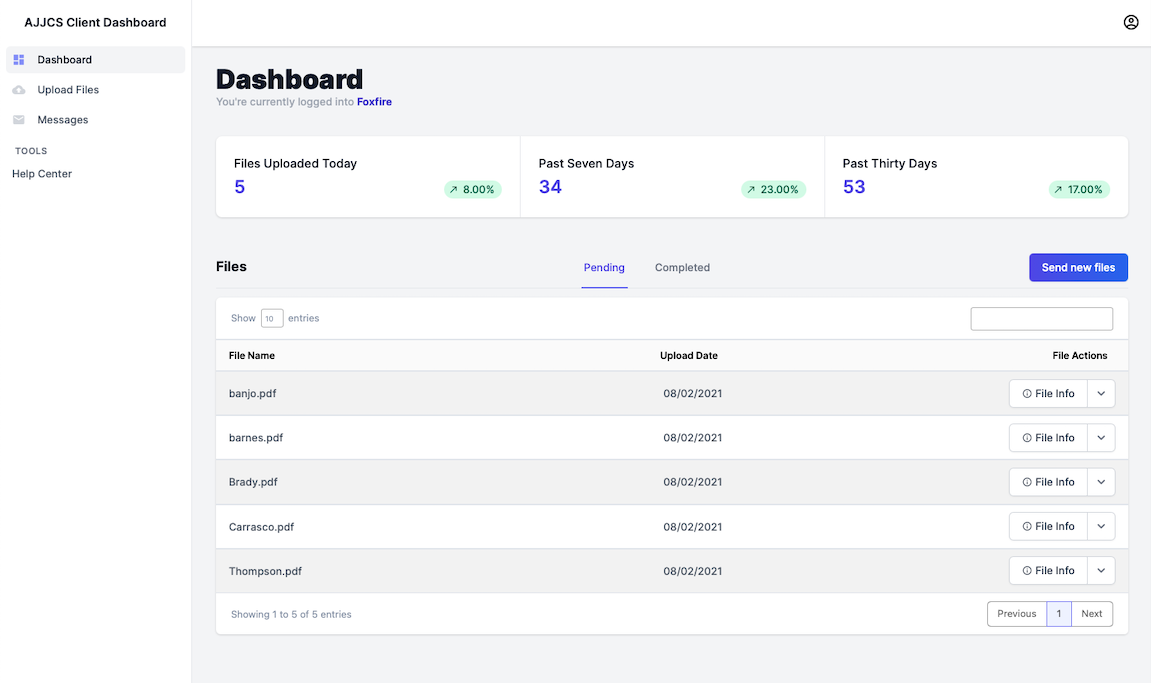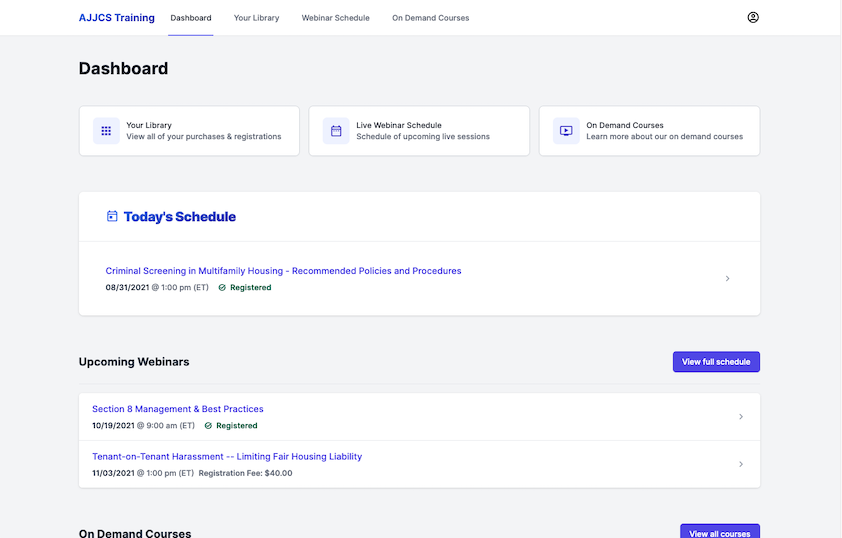HUD Inspector General Reports Major Financial Recoveries and Oversight Improvements
Federal watchdog agency identifies nearly $500 million in recoveries while addressing critical housing challenges across America. The U.S. Department of Housing and Urban Development s Office of Inspector General (HUD OIG) has published its semiannual report to Congress, highlighting significant financial recoveries and systemic improvements across federal housing programs during the six-month period that ended on March 31, 2025. Record Financial Impact and Enforcement Actions The HUD OIG s oversight activities generated significant financial returns for taxpayers, with audit and investigative efforts yielding nearly half a billion dollars in recoveries and recommendations. Audit activities alone led to collections of $387.4 million, while identifying an additional $42.3 million in funds that could be better utilized and questioning $8.1 million in costs. Investigative efforts produced equally impressive outcomes, with over $61 million in recoveries and receivables. The enforcement actions were thorough, leading to 36 arrests, 58 indictments, and 92 administrative sanctions, including 60 debarments from federal programs. Among the most notable prosecutions, a landlord received a 17-year prison sentence for fraudulently obtaining federal rental assistance while violating the Fair Housing Act. Similarly, a businessman was sentenced to 17 years for orchestrating a reverse mortgage fraud scheme that specifically targeted elderly homeowners. Addressing Systemic Housing Quality Concerns The report highlights ongoing challenges in maintaining adequate housing conditions within HUD-assisted properties. Inspections revealed that 65% of the observed housing units had deficiencies, with 63 life-threatening issues identified. These findings underscore the continued struggle to ensure that federally subsidized housing meets basic safety and health standards. Under the Rental Assistance Demonstration (RAD) program, initial inspections of converted properties experienced significant delays, with 50% lacking timely management and occupancy reviews. The OIG has recommended improvements to the timing and completion processes of inspections to address these critical gaps. One investigation led to a civil lawsuit against a management company for lead paint safety violations impacting over 2,500 apartments, highlighting the serious health risks faced by residents in certain assisted housing properties. Fraud Risk Management Needs Enhancement The report highlights fraud risk management as a vital area needing attention, especially within large public housing authorities. An audit of the New York City Housing Authority (NYCHA) showed a lack of a comprehensive fraud risk strategy, despite some existing anti-fraud measures. The authority s approach was described as mainly reactive instead of proactive. This finding has led the OIG to recommend evaluating fraud risk management practices at other large public housing authorities across the country, indicating that NYCHA s challenges may reflect broader systemic issues. Progress in Resolving Past Recommendations Collaboration between HUD and the OIG has produced positive outcomes in addressing previously identified issues. During the reporting period, HUD resolved 135 open recommendations, bringing the total number of outstanding recommendations down to 693. This trend shows a consistent decrease in unresolved audit findings. However, although not part of the report, it should be noted that the recent and planned cuts to HUD staff may slow the pace of corrective activity. Since October 2022, the OIG has identified 283 non-monetary benefits resulting from its recommendations, including 77 guidance enhancements, 64 process improvements, 112 increases in program effectiveness, and 30 enhanced accuracies. These improvements highlight the broader impact of oversight activities beyond direct financial recoveries. Challenges in FHA Program Oversight The Federal Housing Administration continues to face challenges in managing counterparty risks with mortgage lenders and servicers. The OIG found that Carrington Mortgage and MidFirst Bank misapplied FHA foreclosure requirements in over 18% and 14% of cases, respectively. Additionally, other lenders, including CMG Mortgage and loanDepot.com, demonstrated deficiencies in their quality control programs for FHA-insured loans. These findings underscore the necessity for improved oversight of the private entities on which HUD depends to effectively deliver housing assistance programs. Disaster Recovery and Grants Management HUD s administration of disaster recovery grants continues to encounter monitoring challenges. Although grantees under the National Disaster Resilience Program faced delays in completing activities, they remain on track to achieve their overall goals. The OIG has recommended enhanced action plans and improved documentation of collaboration with partners. In broader grants management, the OIG identified compliance issues with federal transparency requirements, noting that prime award recipients did not consistently report subawards as mandated by the Federal Funding Accountability and Transparency Act. Technology and Cybersecurity Improvements HUD s information security program has achieved maturity level 3, but it has not yet reached full effectiveness. Penetration testing uncovered significant weaknesses in data protection and website security, prompting recommendations for comprehensive enhancements to safeguard sensitive information and systems. Whistleblower Protections and Transparency The OIG continues to underscore the significance of whistleblower protections in ensuring program integrity. During the reporting period, 10,214 hotline intakes were processed, with 6,631 referred to HUD program offices for action. The Public and Indian Housing office received the highest number of referrals at 5,250, highlighting ongoing concerns in this program area. Notably, the report found no attempts by HUD to interfere with OIG independence, and no instances of whistleblower retaliation were reported, indicating a healthy oversight environment. Looking Forward The semiannual report illustrates both the ongoing challenges that federal housing programs face and the effectiveness of independent oversight in addressing these issues. With nearly $500 million in financial impact and numerous process improvements, the HUD OIG s work continues to yield substantial returns on taxpayer investment while ensuring that federal housing assistance reaches those who need it most safely and effectively. The findings emphasize the crucial role of strong oversight in preserving the integrity of programs that offer housing assistance to millions of Americans while pointing out areas where ongoing attention and enhancement are vital for program success.


